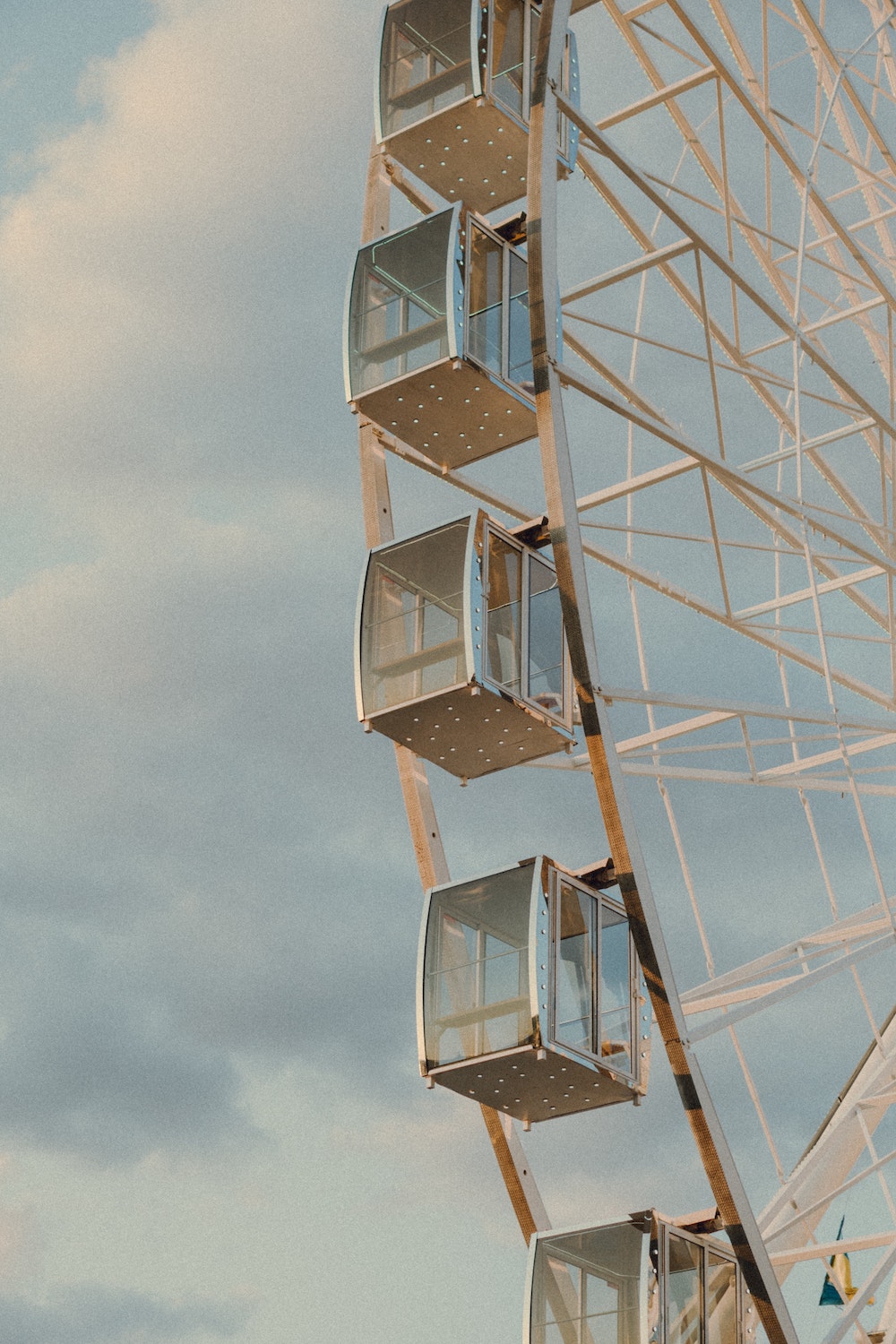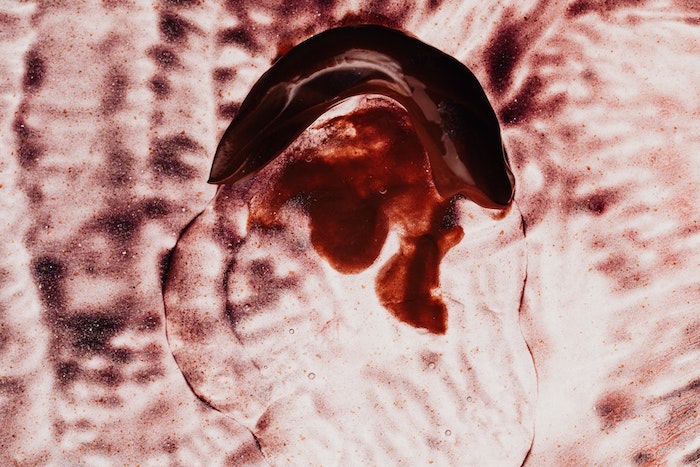What is seasonal affective disorder?
Seasonal Affective Disorder (SAD) is a type of depression that occurs seasonally, usually in the winter, due to absence of sunlight that affects our melatonin and serotonin levels. Coined in the 1980’s at the National Institute of Mental Health by a chap called Norman E Rosenthal and his colleagues, SAD is a more common problem than you might think, and there are lots of studies and papers you can read.
Changes to our sleep patterns, circadian rhythms are also linked to SAD, but really, it is not fully understood as to what exactly causes it. Some people think that it is genetic, and that is why some people or families are more vulnerable to it than others.
SAD is a very common disorder that an occur at specific times of the year and fully remit once the season has past. Most of us might be familiar with feeling low in the winter, longing for the lazy hazy days of summer.
What are the symptoms of SAD?
SAD is categorised as a major depressive disorder that should not be taken lightly. Symptoms therefore often reflect familiar depressive indicators, which can include:
- Sleeping/Eating problems
- Feelings of hopelessness or worthlessness
- Loss of interest/withdrawal from activities or social interactions
- And in extreme cases, suicidal thoughts.
In the winter, people suffering from SAD may find it difficult to get up in the morning and have tendencies to overeat. You know that feeling. In the weird lull at Christmas and you want nothing more than sit in your pyjamas and eat crackers.
SAD in the Summer
Everyone’s out there, shirts off, BBQ’s burning, Pimms ready to go, but for some of us, the heat, the sun and the half-naked middle-aged men is not as eagerly anticipated as it is for others.
Whilst we are somewhat familiar with winter SAD, a longing for summer, seasonal mood disorders can occur at any point in the year, and springtime or summertime struggles do happen, even if less commonly. Because, for the most part SAD in the spring or summer often shows different symptoms than its wintery friend. These tend to be:
- Insomnia
- Decreased appetite
- Agitation or anxiety.
As a someone who struggles with anxiety, I always noticed that my anxiety gets worse comes springtime and summer. I used to put it down to the large amounts of bugs that come out to play (I really don’t like bugs), but the feelings came so regularly with the changing seasons that I started to think.
I adore the winter. The rain, the cold, all of it. I like big jumpers and blankets and being indoors. I do not like the heat, the sun in my eyes or the high pollen count.
Whilst winter SAD is linked to a lack of sunlight, summer SAD could be caused by too much sunlight, which affects our melatonin levels in a similar way. Melatonin, if you didn’t know, is what helps us sleep (in layman’s terms, please don’t take my word as a scientist). Too much melatonin, the longer, brighter days, means that our sleeping pattern is disrupted. See, the insomnia, as mentioned above. Some people refer to summer SAD as MDD-SP (Major Depressive Disorder – Seasonal Pattern) but SAD works too. Brings to mind Lana Del Ray songs.
It has also been linked to a disrupted routine, body image pressure, financial pressures and the overall affect that heat can have on our bodies (think being in a hot, crowded Tube), that can cause heightened levels of anxiety, stress and agitation.
SAD Treatments
If you think you suffer from any form of seasonal affective disorder, getting help is the best things to do. With any depressive disorder or episode, seeking someone to talk to, finding coping methods and staying positive is essential.
It is depression and you should treat it as such.
Staying cool and hanging out in the dark does help, but you might feel left out whilst everyone else goes out and makes the most of the good weather. So, finding that balance is tricky, but good.
With any depressive disorder, seeking help from a GP or healthcare professional is always encouraged (eating a rocket lolly in the dark does also help for a short-term solution).
But if you struggle seasonally, on a yearly cycle, seeking help is of course in your best interest. There is never, Darlings, anything wrong with seeking help.






